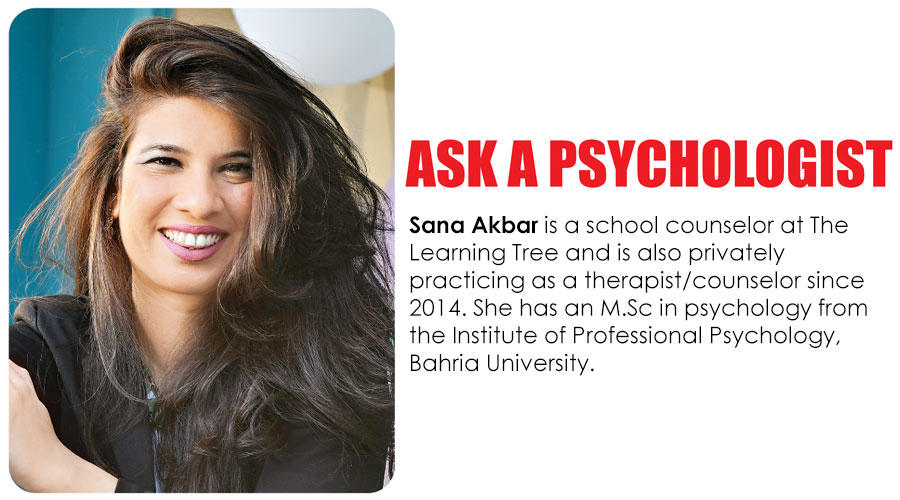ASK A PHYSICAL THERAPIST
- 13 Apr - 19 Apr, 2024

How do observational stresses affect the brain?
Observational stress is prevalent currently, suicides, political unrest, stress is a major health threat in today's society. It causes a range of psychological problems like burnout, depression and anxiety. Even those who lead relatively relaxed lives constantly come into contact with stressed individuals. Whether at work or on television: someone is always experiencing stress, and this stress can affect the general environment in a physiologically quantifiable way through increased concentrations of the stress hormone cortisol. Empathic stress arose primarily when the observer and stressed individual were partners in a couple relationship and the stressful situation could be directly observed through a one-way mirror. Stress becomes a problem primarily when it is chronic. "A hormonal stress response has an evolutionary purpose, of course. When you are exposed to danger, you want your body to respond with an increase in cortisol,”
When someone feels inferior or slighted, they often express their feelings in the form of jealousy or hate. Why?
Defense mechanisms are thought to safeguard the mind against feelings and thoughts that are too difficult for the conscious mind to cope with. We are not taught healthy defense mechanisms growing up. Inferiority complexes and feeling of inadequacy stem from SHAME, the first subset of shame is unrequited love. Anybody who's ever loved someone and been rejected, or realised their love wasn't reciprocated, knows how shaming and humiliating that can be, this type of shame can develop early on in life. The second type of shame is unwanted exposure. For example, if you are called out for a mistake in public, or humiliated by someone walking in on you when you are indecent. This is typically what many people think of when you mention shame. Disappointed expectation is the third type, which is when you set out to do something and you fail. This could be at work, such as not getting that promotion you were going for, or it could be something in your personal life, like a relationship that doesn't work out the way you hoped, or a friendship that turns sour. The fourth type is exclusion, or being left out. Sometimes we just want to fit in and feel like we belong. This happens in all walks of life, at work, in friendships, and in romantic relationships. We place a lot of value on being liked and not feeling like an outsider, so when something threatens that, we can take it pretty hard.
COMMENTS